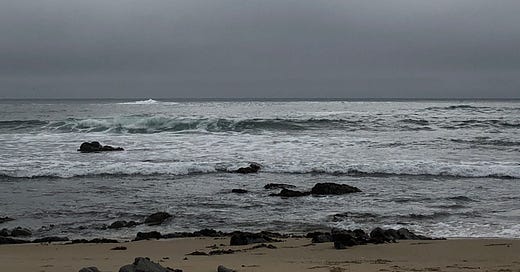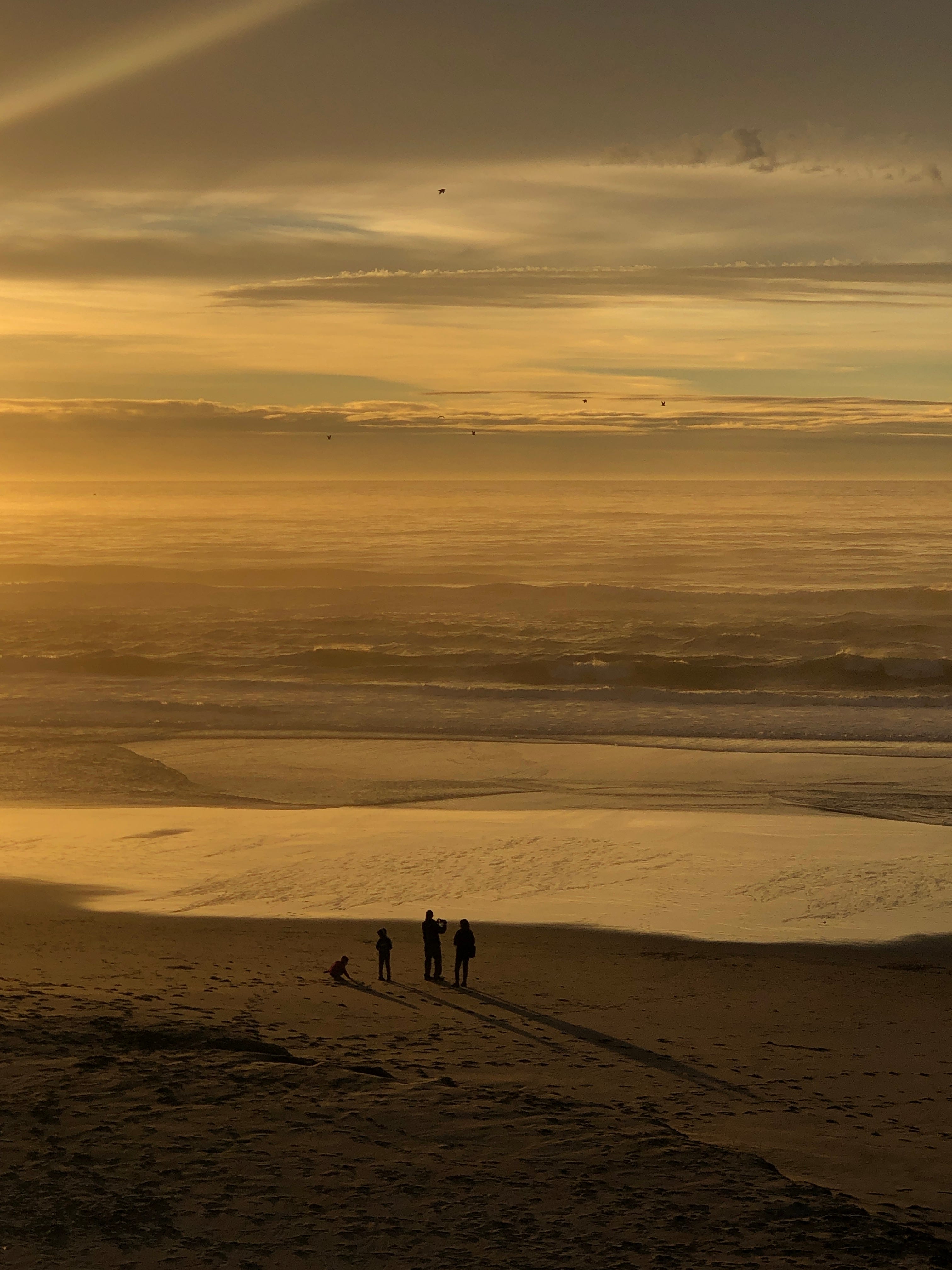A year ago this weekend, while I was attending my grandfather’s funeral in Kentucky, my then-partner of over eight years did an heroic dose of psychedelics at an ambient music festival in Mendocino, California. During his ego death experience, he decided he needed to walk away from our relationship and discover himself on his own. One of his reasons for ending things, he would tell me a few months later as we navigated the final days of cohabitation, was that I am “a sadder person” than he is. Within two weeks of ending things, he started hanging out with a female friend he’d known all along. Within a few weeks of us no longer living togther, they were dating and are now—less than a year later—engaged.
My ego has been struggling with all of this.
I feel stuck in a liminal space of loss, a musty hallway of closed doors. Behind this door—grieving my grandfather, my last remaining grandparent, whose death rituals became shrouded in the needs of my then-partner. Behind this door—the sticky accusations of a person whose opinions I gave so much power. Behind this door—my own part in my own suffering. Behind this door—a strange loop of awareness, of how hard I tried and how spectacularly I failed. Behind this door—the truth: that I did not fail, but also the truth of how much this hurts.
My ego is hurt.
My ego is loud.
I slither through this never-ending hallway, sad, desperate for peace.
In my dreams, I die under a wall of ocean that rises suddenly and infinitely over my head. I do not fight it. The ocean surges, and I know I cannot survive. I die.
I wake up.
I die.
I wake up.
“Try walking toward it,” suggests a friend with witchy wisdom of dreams.
The next time it happens, I walk toward death. I face the impossible wave and surrender to my sadness, to what is and what was and what might be.
A path emerges through the water.
Where does it lead?
I wake up.




